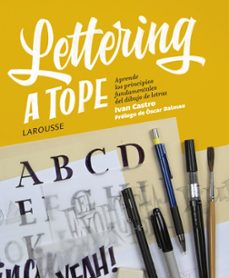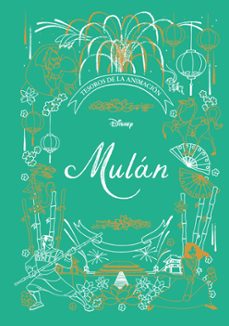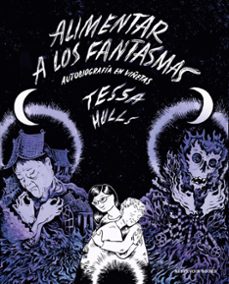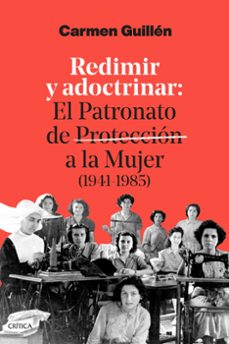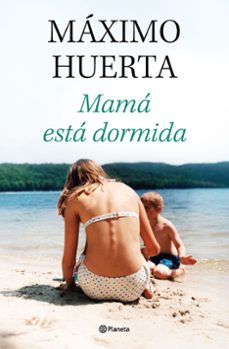📗 Libro en inglés THE SPARE ROOM
CANONGATE PRESS LTD.- 9781847672674
Sinopsis de THE SPARE ROOM
My friend Helen Varney, who is writing a doctoral dissertation on breast cancer and body image among Orthodox Jewish women, herself a breast cancer survivor living outside of Melbourne, wrote this provocative review of Helen Garner’s, The Spare Room, that raises important issues about cancer, care, women’s relationships, and death: Limpid prose, a tautly-told tale – this is a compellingly readable novel. I devoured it in a day, and wasn’t surprised that it won in the fiction category of the Victorian Premier’s Literary Awards. But it’s also a book that troubled me. The plot is straightforward, and many of you will have heard or read of it already. Helen’s friend Nicola comes to Melbourne for three weeks of treatment at an alternative cancer centre in the city, and she stays in the spare room of the title. Helen’s initial scepticism about the treatment deepens when she sees the clinic and the way it’s run. Scepticism turns into frank anger when both Nicola and the clinic underplay her bad reaction to massive infusions of vitamin C. The visible effects of shaking and weakness are made more unbearable for Helen by Nicola’s mantra, ‘I had the vitamin C again today. That must be why my shoulder’s hurting more. It’s the toxins tearing their way out.’ In one climactic scene, the ‘professor’ who runs the clinic drives Nicola home, and in attempting to reason with him, Helen, the woman of words, is rendered inarticulate with rage. Thanks to the narrator’s medical informants, and her perusal of Nicola’s files, we know that the cancer is at an advanced stage, and Helen feels passionately, angrily, that it’s time for them all to confront the inevitability of death. Narrator Helen is a child of the Enlightenment – faced with a problem, she looks for solutions and finds them in orthodox doctors, palliative care, morphine. To show her softer side, she lets us see her dabbling in alternative practices herself, buying magnetic insoles in the hope that they’ll help her sore toe, and revealing her expertise in colonic irrigation. And of course there’s the postmodern playfulness of having the narrator share a name, an occupation and a family situation with the author; the boundaries
Ficha técnica
Editorial: Canongate Press Ltd.
ISBN: 9781847672674
Idioma: Inglés
Encuadernación: Tapa blanda
Año de edición: 2009
Especificaciones del producto
Escrito por Helen Garner
Helen Garner nació en 1942 en Geelong, Australia, en donde creció hasta ingresar en la Universidad de Melbourne. Dio clases en diferentes institutos, pero en 1972 fue despedida por responder a las preguntas de sus alumnos sobre sexo. Garner comenzó entonces a trabajar como periodista. Es autora de una amplia producción literaria tanto de ficción como de no ficción. Su primera novela, Monkey Grip(1977), ganó el National Book Council de Australia y fue adaptada al cine en 1982. Desde entonces, Garner ha publicado varias novelas, cuentos cortos, ensayos y reportajes. La habitación de invitados (2008) es su último título de ficción y uno de sus libros más reconocidos. Entre sus obras de no ficción destacan The First Stone (1995), un controvertido reportaje sobre un caso de abuso sexual en la Universidad de Melbourne; Historias reales (1996; Libros del Asteroide, 2018) y La casa de los lamentos(2014). En 2006 Helen Garner recibió el primer Melbourne Prize for Literature en reconocimiento a su carrera.
Opiniones sobre THE SPARE ROOM
¡Sólo por opinar entras en el sorteo mensual de tres tarjetas regalo valoradas en 20€*!

